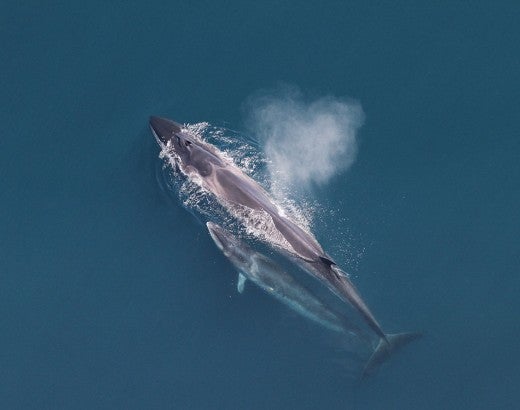On Friday afternoon, news broke that the 57-year-old solitary orca at Miami Seaquarium known as “Lolita” died suddenly of suspected renal failure. Even in a world in which innumerable animals—far too many to be counted—languish and die alone in confinement settings that are antithetical to their very nature, there was a particular pathos to her story, one that long haunted, and always will.
Given the name Sk’aliCh’elh-tenaut by the Lummi Nation and known among animal advocates as Tokitae, the orca was famous for her extreme solitude and the tiny living space forced upon her. She was in the news in March, when years of advocacy for her freedom came to fruition: The aquarium announced that it would free her to a natural sea pen in the Pacific Northwest, where it is believed members of her family still live. Sadly, that day didn’t come fast enough to have any meaning for her, and she died having never seen her family or the ocean since her violent capture in 1970 when she was just a few years old.
Tokitae’s life is a heartrending story. Hers was just one of thousands of wild animals’ lives being squandered in tanks and cages just for human entertainment. And yet, it’s become clearer and clearer that keeping animals like Tokitae captive doesn’t just harm her—it harms us: Treating wild animals like photo props or sideshow attractions propagates the idea that the natural world is there just for our use and whimsy, and it teaches this to our children, generation after generation. Such a belief is antithetical to the humane world that so many of us are trying to create.
All weekend I’ve thought about “Lolita.” When I was young and I saw elephants perform at Ringling Bros. and Barnum & Bailey Circus, I knew almost immediately how awful it was for them, but when I saw “Lolita,” I was just awestruck. As I got older, the memory of seeing her performing haunted me. I was a teenager when I started to understand her plight, living all alone in a tank that was essentially the size of a bathtub relative to the enormous size of an orca, and my heart just broke for her.
Through the years Tokitae became the very embodiment of the wrongs done to her species and other sentient wild animals used in aquariums, circuses and other performing acts. In that sense, her life has had greater meaning. She helped shift the public’s moral perspective, bringing into fruition a new ideal in which wild animals are left undisturbed and protected in their natural habitats. But to say that it’s a shame that her life had to be sacrificed for us to learn such a lesson would be a gross understatement.
Even in my sadness in this moment, I do know this: We’ve made immense progress in raising awareness about the cruelty inherent in keeping wild animals captive for entertainment operations over the years since I joined the cause. And we can continue gaining ground in our campaigns to spare orcas and all the other wild animals still so callously captured or bred for performance, display or public contact. Whether it’s education and outreach, negotiated release of animals to sanctuary or pushing for the passage of regulations and legislation to prevent such wrongs, their fate depends on us.
I will never forget “Lolita,” and I will never forget the impulse that she has inspired in me and so many millions of people worldwide to keep working as hard as we can to end once and for all the cruel and inhumane practice of forcing wild animals into a life of captivity to perform for “entertainment.”
Follow Kitty Block @HSUSKittyBlock.



